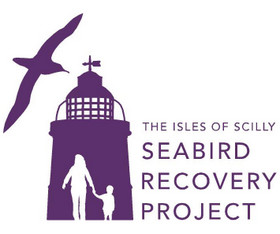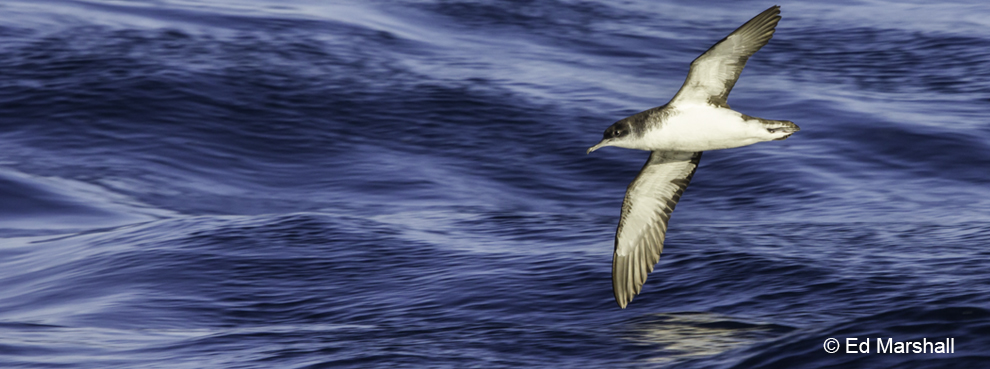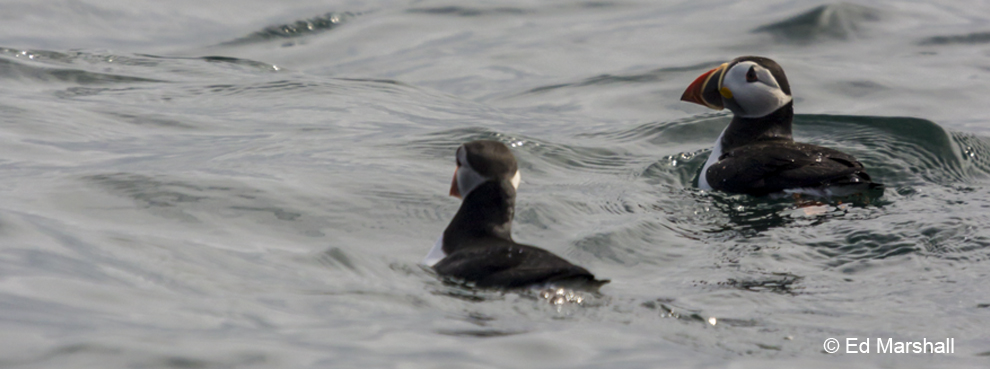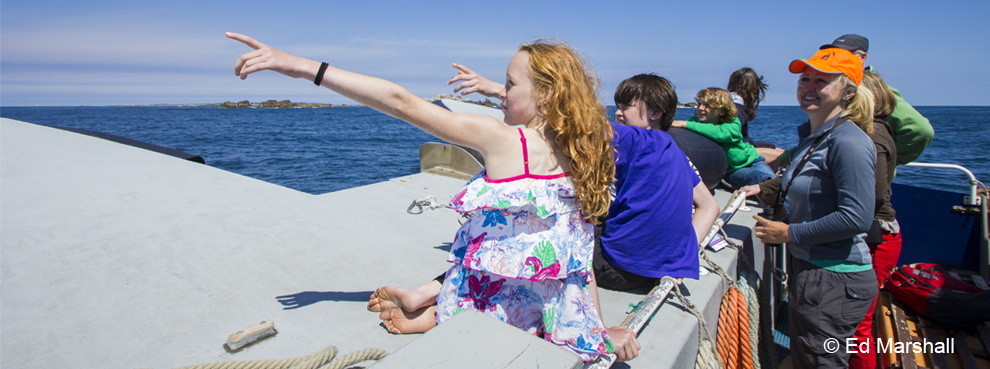
Media release
New hope for seabirds on Isles of Scilly
- Isles of Scilly Seabird Recovery Project completes phase one of five year project
- No sign of rats on St Agnes and Gugh for 20 weeks
The all-important removal phase of the world’s largest community-based rat eradication project is now complete . Rats have not been recorded on the islands now for 20 weeks since the Isles of Scilly Seabird Recovery Project (IOSSRP) first launched. Everyone is cautiously hopeful that rare nesting seabirds will now be able to flourish free of predation from rats.
IOSSRP aims to protect seabirds in Scilly by keeping the islands of St Agnes and Gugh ‘rat-free’ – a status that can only be officially declared two years after the last sign of rats. The UK is internationally important for seabirds, but many species are declining in numbers. Among many challenges they face, the greatest threat on land is predation of eggs and chicks by brown rats. Of the rich array of seabirds nesting in Scilly, two are likely to benefit from the project the most: Manx shearwater and storm petrel.
New Zealand island restoration specialists Wildlife Management International Limited (WMIL) were contracted to carry out the key rat removal phase of the project over five months from November 2013 to March 2014 on St Agnes and Gugh. They were joined by more than 20 ‘Seabird Task Force Volunteers’ during the five month period and all 85 islanders assisted the operation. The effort of all involved has ensured that the removal phase has been successful.
In order to keep the islands rat-free, the project team are asking everyone to;
- Help to prevent the incursion of rats to St Agnes and Gugh: check your baggage when visiting the islands as rats can stow away between islands.
- ‘Rat on a rat’, call 01720 422153 to report any rat sightings or sign of rat. The project team and islanders will then inspect the area and set up surveillance and incursion response measures.
Biz Bell WMIL Senior Ecologist said; “It has been a pleasure to work on this important rat removal project on St Agnes and Gugh. The community has been fully supportive and has continually helped throughout the past five months. We could not have done this project without them. But the rat removal phase is just the first part of the project - now everyone needs to help keep the islands rat-free and enable the seabirds to recover. The Project Manager, Isles of Scilly Wildlife Trust and the islanders will be responsible for the upkeep of biosecurity measures which should help ensure the islands remain rat-free and we ask all residents and visitors to remain vigilant for any sign of rats. According to international protocols, the islands cannot be officially declared rat-free for two years after the last sign of rat was detected. WMIL looks forward to returning then to do a final rat check, after which the community and project can claim rat-free status.”
Isles of Scilly Wildlife Trust Manager, Sarah Mason said: “This next phase of the project is now critical and we are pleased to be playing such an important part in what is a ground-breaking project for seabird conservation in the UK. Our work to keep the uninhabited islands rat-free, continues and we are pleased to say that Annet, the most important island for breeding seabirds is currently free of rats.”
St Agnes councillor and community representative Richard McCarthy commented: “The winter rat removal work has gone brilliantly. Despite the dreadful weather Biz Bell of WMIL and her team plus all the volunteers marched round the islands checking the bait stations with a cheerful word for everyone and a smile on their faces under their bright orange hats. They've done their bit and we're really sorry to see them go. Now it is over to us. Getting rid of the rats in such a short space of time has been a major triumph. But keeping St Agnes and Gugh rat-free is going to present a considerable challenge for the project team, the Wildlife Trust and islanders at large in the weeks and months ahead.”
Islander Tim Hicks from Troytown Farm said: “Islanders are taking measures to reduce the likelihood of an incursion by ensuring that goods brought to the island are rat-free or checked on arrival, for example when I freight in high risk items such as hay. The project has provided the islanders with compost and secure wheelie bins so we can ensure good waste management, and we are all going to remain vigilant for rat sign and encourage all visitors to do the same.“
David Appleton, lead adviser for IOSSRP at Natural England, said: “This is an excellent result for the project’s first year. We’d like to thank the community for their commitment and active involvement in this ground breaking project. Eighteen months of intensive monitoring is now required to consolidate this work and everyone needs to stay on guard, keeping a look out for possible signs of re-infestation. Vigilance is key to the enduring success of this project, which will provide a safe breeding environment for the island’s burrow nesting seabirds”
Project Manager, Jaclyn Pearson said: “When visiting the islands you may see the permanent monitoring stations around the coast of St Agnes and Gugh, they are housing pieces of chocolate wax which are very attractive to rats, so if a rat does arrive on the islands they will gnaw on the chocolate wax leaving teeth marks which can be detected. These monitoring stations will be checked by the Isles of Scilly Wildlife Trust team, myself and islanders. If there is an incursion, which may also be evident through other rat sign such as droppings, or a sighting of a rat - the response will be to set up a 50m baiting grid in the immediate area. The project will inform everyone if there is bait on the islands by the signs around the islands. The seabirds are about to return, and already they have a brighter future.”
This is a partnership project between RSPB, Isles of Scilly Wildlife Trust, Isles of Scilly Area of Outstanding Natural Beauty, Natural England and Duchy of Cornwall. The project is funded by LIFE, the EU’s programme for financing key environmental schemes across the continent and the Heritage Lottery Fund.
Ends
For further information and to arrange an interview, please contact:
Tony Whitehead, RSPB Press Officer, 01392 453754, 07872 414365
Notes
- Photos of the work done by the IOSSRP team during winter 2013/14 are available on request, including a photo of everyone with BBC One’s Countryfile team (broadcast last Sunday 20 April).
Available on BBC iPlayer for seven days. Starts at 2 minutes 10 seconds on the time bar: http://www.bbc.co.uk/iplayer/episode/b0421rs2/Countryfile_Isles_of_Scilly/
- Full details of the IOSSRP project can be found at http://www.ios-seabirds.org.uk/
















